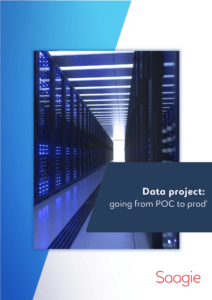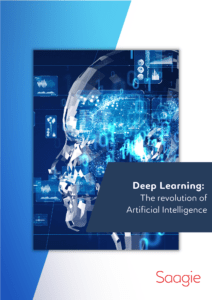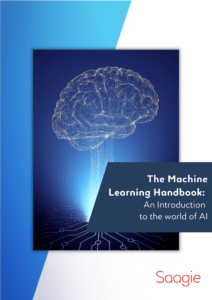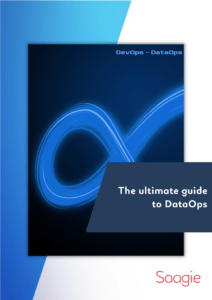The world of Big Data is evolving quickly with the emergence of new jobs such as the data analyst. But what does this job consist in? Why are they so important to explore your data and processes? Here are some answers to your questions.
What is the Role of a Data Analyst?
The first thing a data analyst does is creating and using analytical tools to makes sense out of your data and wrap it into a story. In other words, from raw data the data analyst creates and models data sets that are easy to understand and to operate. He also manages these data sets.
The data analyst will often but not always use heterogeneous data sources, very similar to a data scientist. He or she needs a broad vision since data can be derived from both internal and external sources (public data, CRM, ERP…) to be eventually tansfered in a data lake. The reconciliation between these sources requires solid analytical competences.
He is also of key importance to classify, organize, summarize and interpret data from various sources. A data analyst may also design and analyse your company’s performance indicators, such as supply chain metrics or sales revenues.
Its role is so crucial because he or she works during the phase of data exploration. This is an essential first step because he will work on this foundation to create accurate predictive maintenance models.
Indeed, without an accurate analysis of your data, it would be very hard to design reliable predictive models.
The data analyst plays a key role in the prediction process and needs various and demanding skills.
Among these skills, a data analyst needs a strong appetite for mathematics, statistics as well as advanced computer skills. He or she is perfectly aware of the computer languages and code to be used to analyse your data in the best possible way (use of SQL, R programming language…). Of course it will be useful for him to speak English fluently, especially when he or she works for an internationally focused company.
Besides, unlike the data scientist who is more like a scientific researcher, the data analyst uses well-defined processes that he tends to repeat. This implies that organisational skills and discipline are also part of the job description.
The skills the data analyst has developed during the data classification process will surely help to move on to the job of data scientist, to analyse data much deeper…

For us, who are data analysts, data is like a gold nugget. Every company, whatever its size, holds thousands of opportunities. Every day we work on Saagie. The platform’s ability to store and process is so huge, that it enables us to finally focus on measuring performance indicators and industrialization of our algorithms
Nicolas Chmiel - Data Architect for Saagie
How does Saagie Support Them?
Thanks to Saagie’s ready to operate and intuitive data platform, the data analyst can easily collect, synthesize and analyse data using powerful big data technologies adapted to the context of your business. With Saagie tell your data stories, create regression and classification algorithms or use the ones you designed already, to achieve the optimal way to analyse your data. The Saagie big data platform allows you to process any quantity of data. You may opt for a Cloud deployment or deploy Saagie as an appliance in your data center. Saagie brings you a safe, flexible and efficient platform. The best decision for your business with the Big Data.









